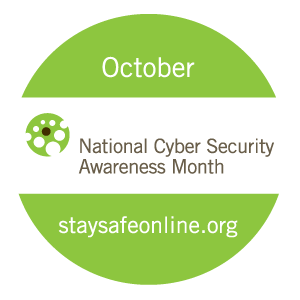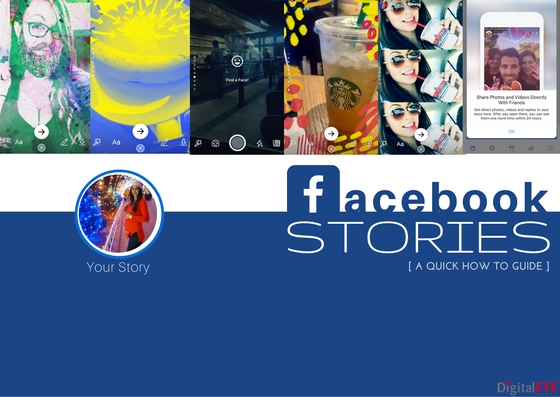October is National Cyber Security Awareness Month – How to Stay Safe & Secure Online
The world that we all live in is connected, and now more than ever it’s vital that you keep your information safe. When we use the internet, we open ourselves up to great possibilities and a world of endless information, however, we also open our identity and personal information up for opportunities of attack.
Cybersecurity
When it comes to cyber security, POTUS has now designated the month of October as America’s National Cyber Security Awareness Month. NCSA Month was established as a time for us all to engage and educate ourselves and others about the issues of online safety and how we can word to protect our homes and families.
With current laws and backing from Washington, “cybersecurity” is frequently a topic of conversation. Simply put, there exists an even greater need for protecting users and their cybersecurity.
As this month marks the fifth anniversary of The Stop .Think .Connect. Campaign, consumer awareness has heightened as the strategy designed to maximize awareness and guidance regarding threats with regards to cyber-attacks has seen great success.
The Significance of National Cyber Security Awareness Month
In our wireless society, everyone is confronted with a growing attack of cyber threats every single day. No matter if you’re on the job, at your house, or in school, just about every area of our lives has become linked to the online world.
Quick Facts:
- Cybercrime occurs every 18 seconds
- The average cost of cybercrime is approximately $200 per victim
- Mobile device security is on the rise
- Cybercrime has affected nearly 40% of all social network users
Ref: McAfee, Antivirus Software Company
How to Stay Safe & Secure Online
- Keep your computer secure and protected. Make sure that your computer’s operating system as well as any application software updates are safe. Verify that your anti-virus software is up-to-date and running along with any anti-spyware programs that aid in keeping your data protected. It’s also important that you keep your firewall on and enabled at all times.
- Make sure your passwords are very strong: Your passwords, whether to your computer or to online accounts, should all contain no less than eight characters (unless otherwise required) and these passwords should always include upper- and lower- cased letters. It’s also a good idea to include special characters and numbers in your passwords when allowed…
Make sure that you have different passwords for all of your accounts in order to ensure that your other accounts are safe in the event of an account hack. Creating a strong password strategy will go a long way in keeping you safe from online hackers and attacks.
- Secure your online transaction. When submitting your sensitive information, look for the “lock” icon on the browser’s status bar to be sure your information is secure during transmission. Also be sure that “https” appears in the website’s address bar before making an online transaction. The “s” stands for “secure,” and indicates that communication with the webpage is encrypted.
- Keep personal information private, even when you’re on social networks (or especially on social networks). The more information you provide, the better the chance that hackers can crack your password codes.
- Secure your portable devices whenever you are traveling. Thinking of your laptop, phones, and tablets as your purse. When you keep your purse locked up, you should do the same with your devices as thieves are lurking everywhere. You should never check these devices with your luggage, and when you check into a room, ask the front desk if you have a safe available to use in order to keep your personal items safe and secure from theft.
- Remember when using public wireless points, your information is not secure or private. When using wireless hotspots at restaurants or rest stops, it’s probably best to refrain from signing into any of your banking accounts or identifying accounts until you get to a safe connection point. Criminals are able to access any information you share inside of these public Wi-Fi areas.
National Cyber Security Alliance | StaySafeOnline.org. (n.d.)










